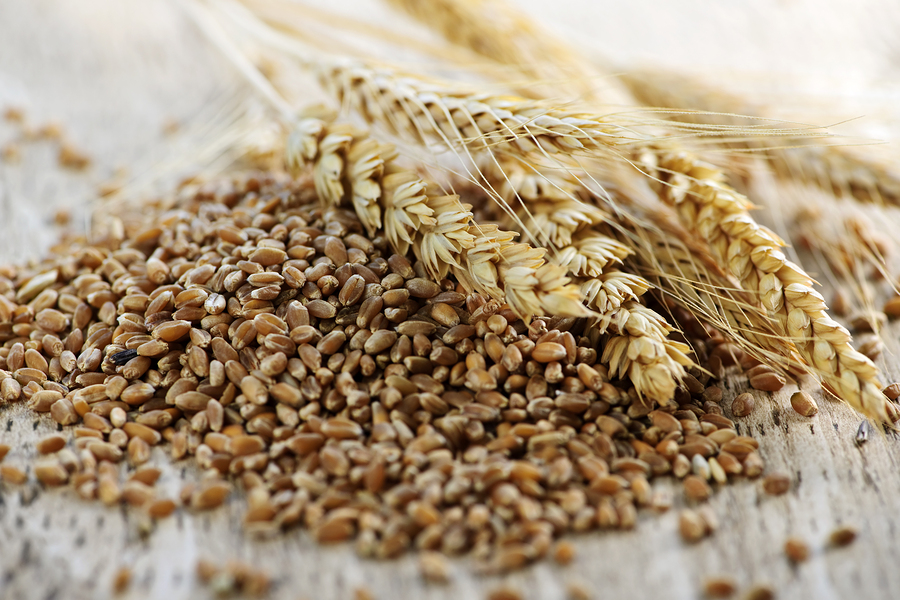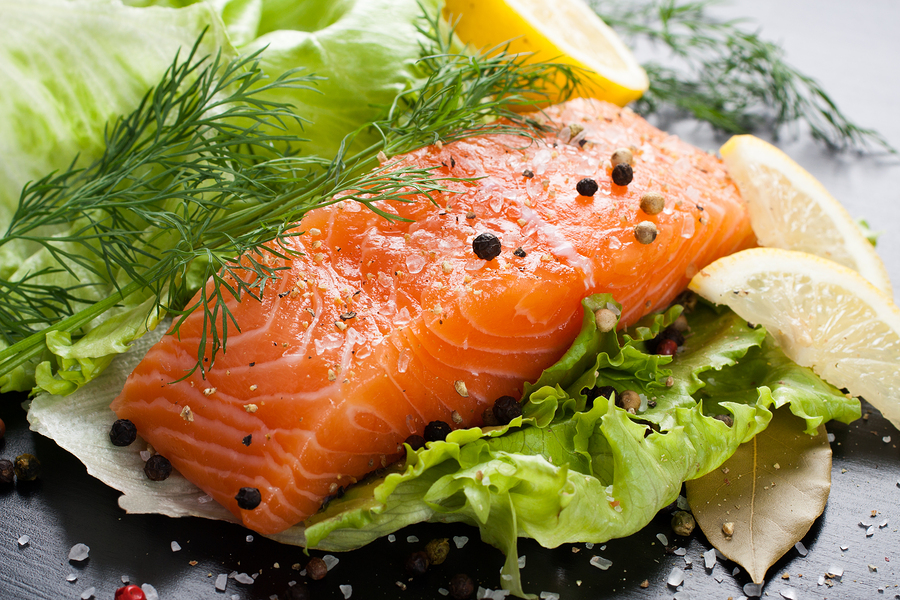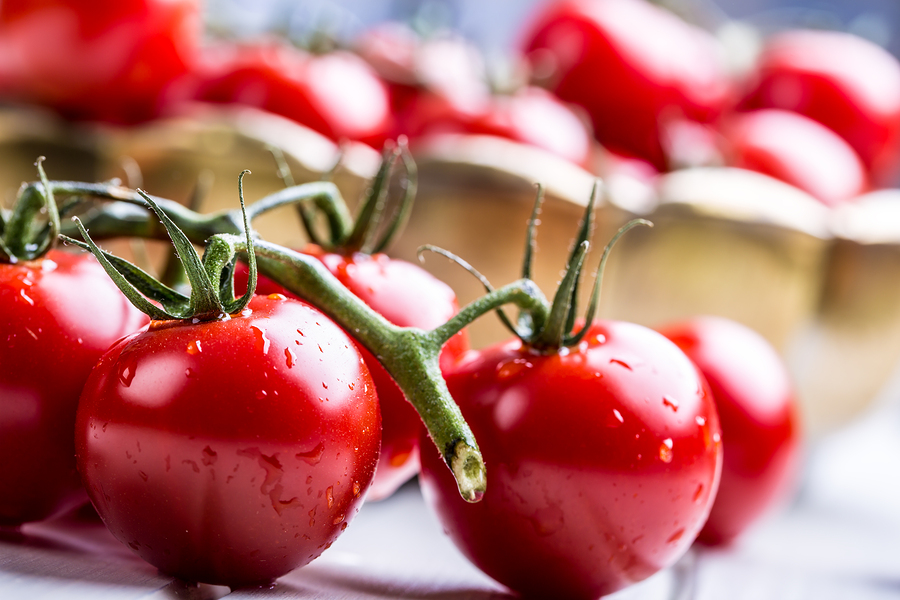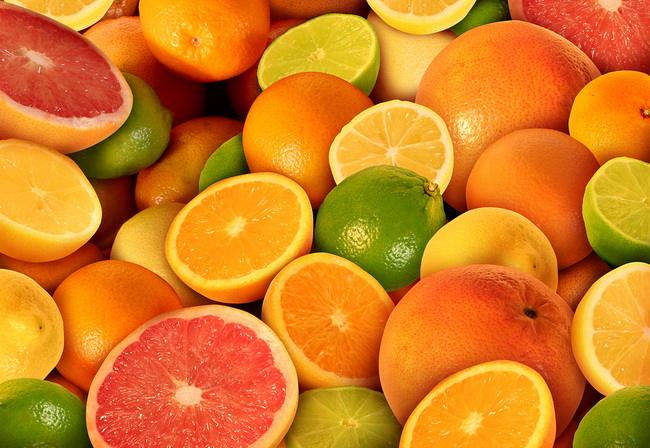- Make It Yourself Lavender Heart-Shaped Bath Bombs!
- 20 Things You Never Knew About “Down There”
- 12 Best Foods For Those Suffering From Arthritis Pain
- 12 Personal Hygiene Mistakes Almost Everyone Makes (Mom Never Told You About #4!)
- 15 Medicinal Plants And Herbs From The Cherokee People
- 12 Mind-Blowing Benefits Of Drinking Coconut Water During Pregnancy
- 12 Outstanding Winter Foods That Won’t Fatten You Up Like A Christmas Turkey
Heart Healthy Foods That Really Satisfy!

Photo credit: bigstock.com
Heart disease is the number one killer in the world. Not just in America, but all over the world. It is true that some locations have lower rates of heart disease. Why is this? Because of their diet. Study after study has shown that our diet is the major deciding factor in whether or not heart disease attacks.
Most people don’t realize that you can reduce your risk of heart disease by eating certain foods every day or several times a week. There are a great many fresh fruits, vegetables, spices, and even fish that are really good for your heart.
Keeping your ticker in good working order is as simple as eating! One of the great things about a heart healthy diet is that it really satisfies the taste buds. You don’t have to live on “rabbit food.”
Don’t believe this is true? Get your shopping list ready because you are going to want to start adding these to your grocery cart once you see how easy it is to eat a heart healthy diet!
1. Yogurt
Japanese scientists looked at the dietary habits of almost 1,000 adults and found that those who consumed the highest levels of dairy products had the healthiest gums. You might be wondering what healthy gums have to do with heart disease, but did you know that the bad bacteria in the mouth travels throughout the body via the bloodstream and can become lodged in the heart? Eat at least once serving of yogurt each day for super healthy gums and better heart health. Be sure the yogurt you eat contains live and active cultures.
Continue to Page 2

Photo credit: bigstock.com
2. Whole Grains
It’s a fact: People who eat whole grains are slimmer and have a lower risk of developing heart disease than those who go for the white bread option. This is because whole grains contain natural phytoestrogens, antioxidants, and phytosterols that protect the body from heart disease. Whole grains are also rich in fiber, which has also been shown in studies to have a 40 percent lower risk of developing heart disease than those who consume a low fiber diet. Fiber lowers cholesterol levels by flushing it out of the body as waste. Lower cholesterol means a healthier heart, so read food labels carefully and look for the words “whole grain” or at least “whole wheat.”
3. Beans
Oh yes, we know the tune, but this magical fruit that makes you toot is super good for your heart as well! The Journal of Nutrition published a study which found that eating just a half a cup of cooked pinto beans each day lowered cholesterol levels. Like whole grains, beans are full of fiber, which binds with bile acids and flushes cholesterol out of the body. All kinds of beans contain compounds that protect the heart, including flavonoids and phytosterols.
Continue to Page 3

Photo credit: bigstock.com
4. Fatty Fish
Oh, yes! Who can resist having salmon for lunch? Or tuna? Or those tasty little sardines?! Studies show that those who eat fish at least twice per week have a 30 percent lower risk of developing heart disease. Fatty fish, in particular, such as the ones mentioned above, contains high levels of omega-3 fatty acids, which lower the triglyceride levels in the blood. This leads to fewer blood clots. Omega-3 fatty acids are very important as they lower blood pressure levels while preventing irregular heartbeats. Salmon contains the most omega-3s, but you can also get them from other types of fish. Aim to eat at least two servings of fish each week.
5. Dark Chocolate
When your sweet tooth starts demanding attention, is there anything more satisfying than a nice piece of chocolate? Studies have found that eating moderate amounts (which is the key here: moderate!) of dark chocolate can help thin the blood, lowering blood pressure and giving the heart a boost. Dark chocolate also improves the immune system by reducing inflammation. Other studies have found that dark chocolate also keeps the blood vessels flexible, which stops blood pressure from getting out of control. Just one or 1.5 ounces of dark chocolate, with at least 70 percent cocoa solids, is all it takes to satisfy that sweet tooth and give your heart all the healthy compounds it needs.
Continue to Page 4

Photo credit: bigstock.com
6. Tomatoes
Anyone up for Italian food tonight?! Besides being a terrific source of vitamin C, potassium, fiber, and vitamin A, tomatoes are high in a compound called lycopene. Studies have found that the combination of nutrients in tomatoes helps fight heart disease from forming. One of the great things about tomatoes is that their nutritional power, especially the lycopene, only gets stronger once we cook them. No matter how you decide to eat tomatoes — in a salad, a sandwich, soup, juice or as sauce — you will be doing your heart a huge favor by eating more of them.
7. Nuts
It’s time to go nuts for nuts! Nuts have to be one of nature’s most perfect snacks. They come in their own containers and are loaded with vitamins, minerals, and plenty of heart healthy monounsaturated fats. Studies have found that those who eat nuts, such as pecans, walnuts, pistachios, almonds, even pine nuts, at least two days each week have a lower rate of heart disease than those who don’t indulge at all or who eat them more infrequently. You don’t need to eat tons of them to get these benefits, either. Just one ounce (about a handful) each day is all it takes.
Continue to Page 5

Photo credit: bigstock.com
8. Oatmeal
Oatmeal is another heart healthy food because the fiber it contains is terrific at lowering cholesterol in the body. Think of oatmeal as a sponge, soaking up all the cholesterol in the body so it can be removed, rather than absorbed into the blood. Just be certain that you avoid sugar-filled “instant” oatmeal, and look for the old fashioned steel cut oats. They take a few minutes longer to cook, but they are a whole grain that will do your heart good.
9. Berries
All berries are heart healthy fruits. Blueberries and strawberries top the list, but the truth is that no matter which berry is your favorite, you cannot go wrong. One study found that women who ate at least three servings of blueberries and strawberries each week had as much as a 32 percent lower risk of having a heart attack. This is because berries are full of anthocyanins, flavonoids, and other types of antioxidants that lower blood pressure and fight back against free radicals in the body that cause damage on a cellular level. So pick your favorite, and add it to your oatmeal, smoothie, yogurt — or just eat them right out of the bag.
Continue to Page 6

Photo credit: bigstock.com
10. Citrus Fruits
Just looking at a bowl filled with lemons, oranges, limes and grapefruit is enough to make you smile. Studies have found that subjects who consumed the highest amount of flavonoids found in citrus fruits, such as grapefruit and oranges, had a 19 percent reduced risk of having an ischemic stroke, which is the kind of stroke caused by blood clots. Citrus fruits are also high in vitamin C, which not only supports a healthy immune system, but has also been linked to a lower risk of heart disease. Opt for fresh fruit over juice as the fiber in fruit also helps to remove cholesterol from the body.
11. Legumes
Legumes, such as green beans, peas and lentils, are a great way to get your protein on without adding a lot of fat, carbs, or calories to your diet. One research study found that people who ate legumes at least four times each week lowered their risk of developing heart disease by 22 percent! Other studies have shown that legumes help to control blood sugar in those who have diabetes. One of the complications with diabetes is heart disease, so this is good news for diabetics. Add more legumes to your diet for a boost of heart healthy protein.
Continue to Page 7

Photo credit: bigstock.com
12. Extra Virgin Olive Oil
Numerous studies have found that when people change to the Mediterranean diet, which is high in fruits, vegetables, fish, and olive oil, they reduce their risk of heart attack and early death by a whopping 30 percent! This is because olive oil is a great source of monounsaturated fats, which reduce blood sugar levels as well as cholesterol levels. By the way, both green and black olives are super good for you as well since they also have monounsaturated fats.
13. Potatoes
You might not think of potatoes as being good for your heart, but as long as you don’t change them into French fries or hash browns, potatoes are actually good for you. Potatoes are rich in potassium, which binds with salt, removing it from the body and lowering blood pressure levels. They are also high in fiber, which is also a factor for reducing your risk of heart disease. So don’t be afraid to bake a few potatoes this week!
Continue to Page 8

Photo credit: bigstock.com
14. Red Wine
When we said this was a satisfying diet, we were not kidding! Red wine lowers the risk of heart disease when consumed in moderation. Like dark chocolate, the key word here is moderation. One glass each day for women or two glasses each day for men is all it takes to lower your risk of heart disease. Although researchers aren’t exactly sure why red wine has this effect, they believe that it is due to a polyphenol found in wine called resveratrol. If you aren’t a wine person, you can also get resveratrol from red grapes or peanuts.
READ ALSO: This One Mark On Your Face Can Predict Heart Disease In An Instant! (Who Knew?!)
15. Green Tea
Freshly brewed green tea (not the junk sold in cans or bottles) has significant health benefits, including a reduced risk of cardiovascular disease. One study found that those who consumed four or more cups each day had as much as a 20 percent lower risk of developing heart disease when compared with those who did not indulge. Other studies have found that those who drink green tea regularly have lower rates of death from heart attacks as well as from heart disease. Green tea is loaded with special antioxidants called catechins, which are responsible for these heart healthy benefits. Always brew green tea fresh yourself with tea from Japan. Other “green” teas are simply unripe tea leaves and don’t carry the same benefits.
Of course, your diet is just one part of a whole when it comes to fighting heart disease.
Extra Tips:
- Maintain a normal weight.
- Don’t smoke. If you smoke, quit.
- Control blood pressure levels.
- Control blood sugar levels.
- Get regular exercise.
- Monitor your cholesterol levels.
- Reduce stress.
Speak with your doctor about other steps you might be able to take to lower your risk of developing heart disease. Everyone is different and knowing your risk based on your family history and lifestyle can go a long way towards helping you prevent America’s number one killer.
References:
































